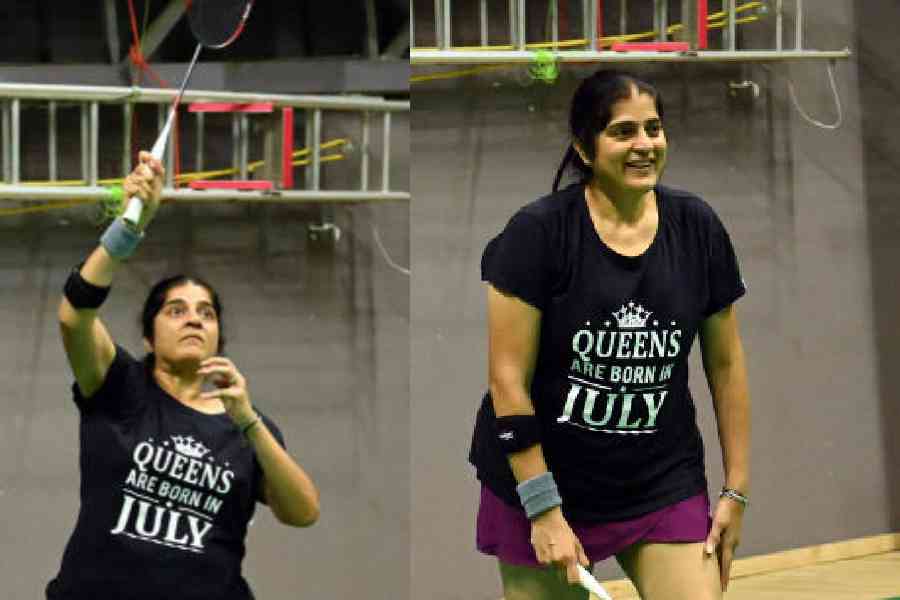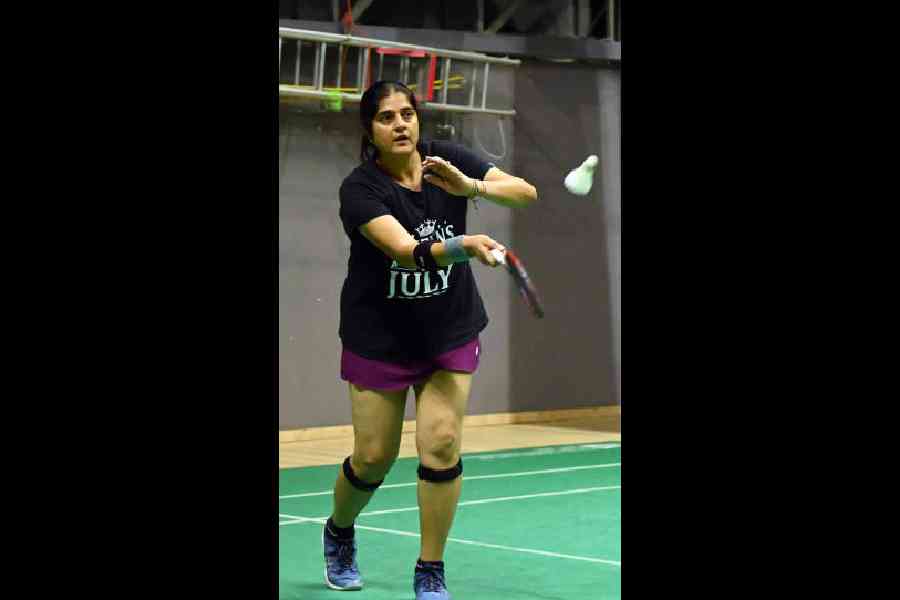Supriya Devgun, a former badminton player and the founder and managing director of Badminton Gurukul, an initiative by Pullela Gopichand, has recently collaborated with the Calcutta Swimming Club to train young badminton enthusiasts in eastern India. This initiative marks a significant milestone as it is the first of its kind in the region. Supported by the renowned Star Badminton Academy in Calcutta, the program aims to provide top-notch training and nurture young talent. Supriya Devgun’s expertise and dedication to the sport are expected to play a crucial role in the development of these aspiring players. Additionally, Supriya engaged in a t2 chat, where she shared insights about her journey, the importance of grassroots development in badminton and her vision for the future of the sport in India.
Can you share the inspiration behind founding Badminton Gurukul?
So everybody knows that Pullela Gopichand is the face of sport in the country, a legendary name for Indian badminton and the badminton group was really formed to spread his learnings to all parts of the country. But he can’t be everywhere. However, his learnings can be translated through the right coaching and the right training to the coaches who can be positioned in the various centres. And that intention is what made us start Badminton Gurukul, also to promote physical literacy. We saw a big gap in people going to school, learning ABCD, learning 1, 2, 3, and 4, but what’s missing is physical literacy. The concept of sport being important in life and for life is what we wanted to propagate, to make a cultural change.
How do you feel about joining hands with CSC for this initiative?
This is our first time in Eastern India. Siddharth (Jhunjhunwala), Rahul (Singhi) and a lot of people at Calcutta Swimming Club have been friends from the fraternity and the fact that we are able to do something to touch the lives of the kids in Calcutta Swimming Club, I would think it’s a very happy moment for us.

How has Badminton Gurukul evolved since its inception, and what milestones are you most proud of?
It’s a manpower-driven initiative. So we actually test-run it with just one or two centres. We have different verticals in the company. We’re doing events, we’re doing sports infrastructure and academies. Today we are at about 50 academies across 22 cities. Some of them were operationally running, and some of them were technically collaborated with. So for me, success is going to be measured by the number of lives we touch.
What strategies or programs have been effective in developing world-class badminton champions at Badminton Gurukul?
What we are trying to say is that today a child who just begins to learn, begins to play a sport, would not even dream of training with a coach who’s been trained by Pullela Gopichand, would not even dream of meeting the legendary coach. And Badminton Gurukul makes that possible. So that’s the first starting point and then we create pathways. So if a child does show a spark and wants to move to the next step, we definitely create all the pathways all the way up to excellence.
What role do you believe sports, particularly badminton, can play in the empowerment of youngsters in India?
Like I said, the pathway. We have epicentres across the country, including one in Calcutta itself. Suppose they show promise, they’re being taken to the national centre at Hyderabad to train. So, Badminton Gurukul is also finding talent across its courses. It’s a beautiful way of nurturing and finding new talent that will emerge for the country.
Can you share any memorable experiences from your time as a badminton player?
Patriarchy! As a woman, trying to make a difference in sport can be a challenging journey at some point. I’ve had Gopi who’s been a friend, philosopher, guy, mentor, and fabulous human being. There has been an instance where I’ve been in tears because I just didn’t know why I was being pulled down for the good work I was doing. And that’s when he just said one line to me, “Supriya, the story is on your side. It’s not on the other side.”
What are your future goals for Badminton Gurukul and how do you plan to continue innovating in badminton coaching?
Trying to build a curriculum. We cannot standardise sport but we can sort of standardise the way it’s taught. We are trying to build a coach development workshop. So we are basically trying to create an ecosystem for the sports environment and also we see a second-win career for a lot of players who will not then be able to go play. Once their playing career is over they can find themselves an opportunity within the ecosystem of Badminton Gurukul.
How do you think Gopichand changed the face of Indian badminton?
I don’t think that needs an answer (laughs). The world’s No.1 doubles to innumerable world champions waving the Indian flag on the world stage. Earlier India wanted to learn from the Chinese, now the Chinese want to learn from India. That’s how Gopichand has changed the face of the sport for the country.
